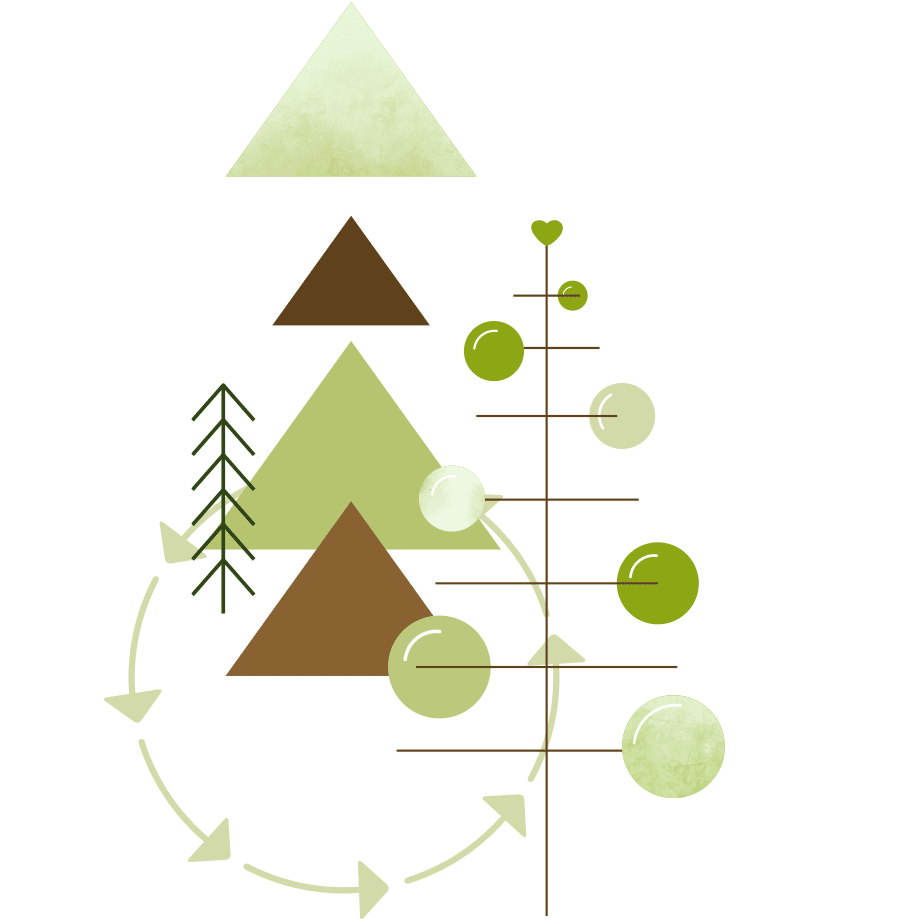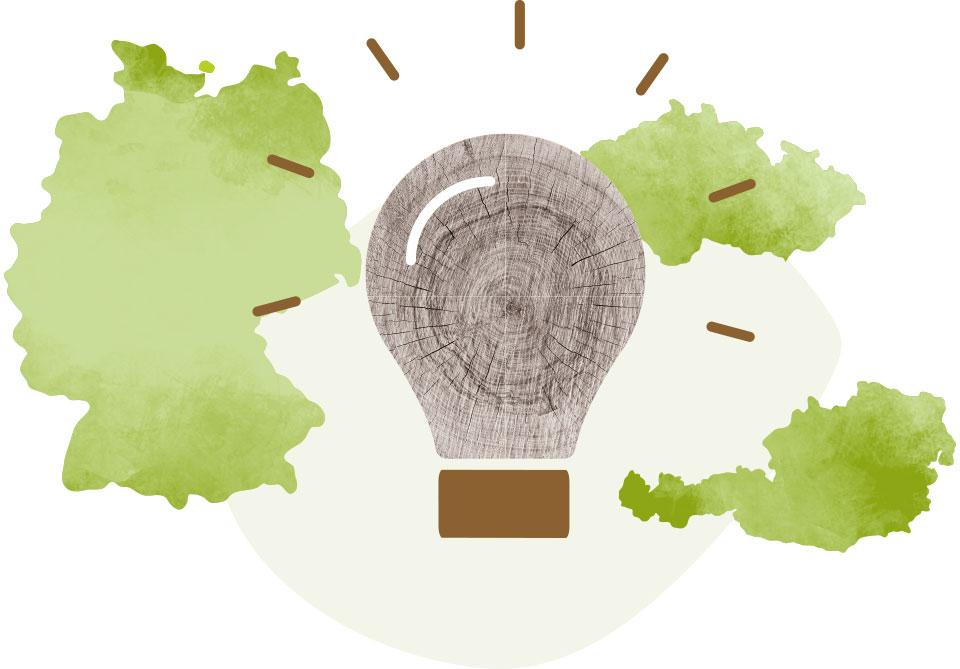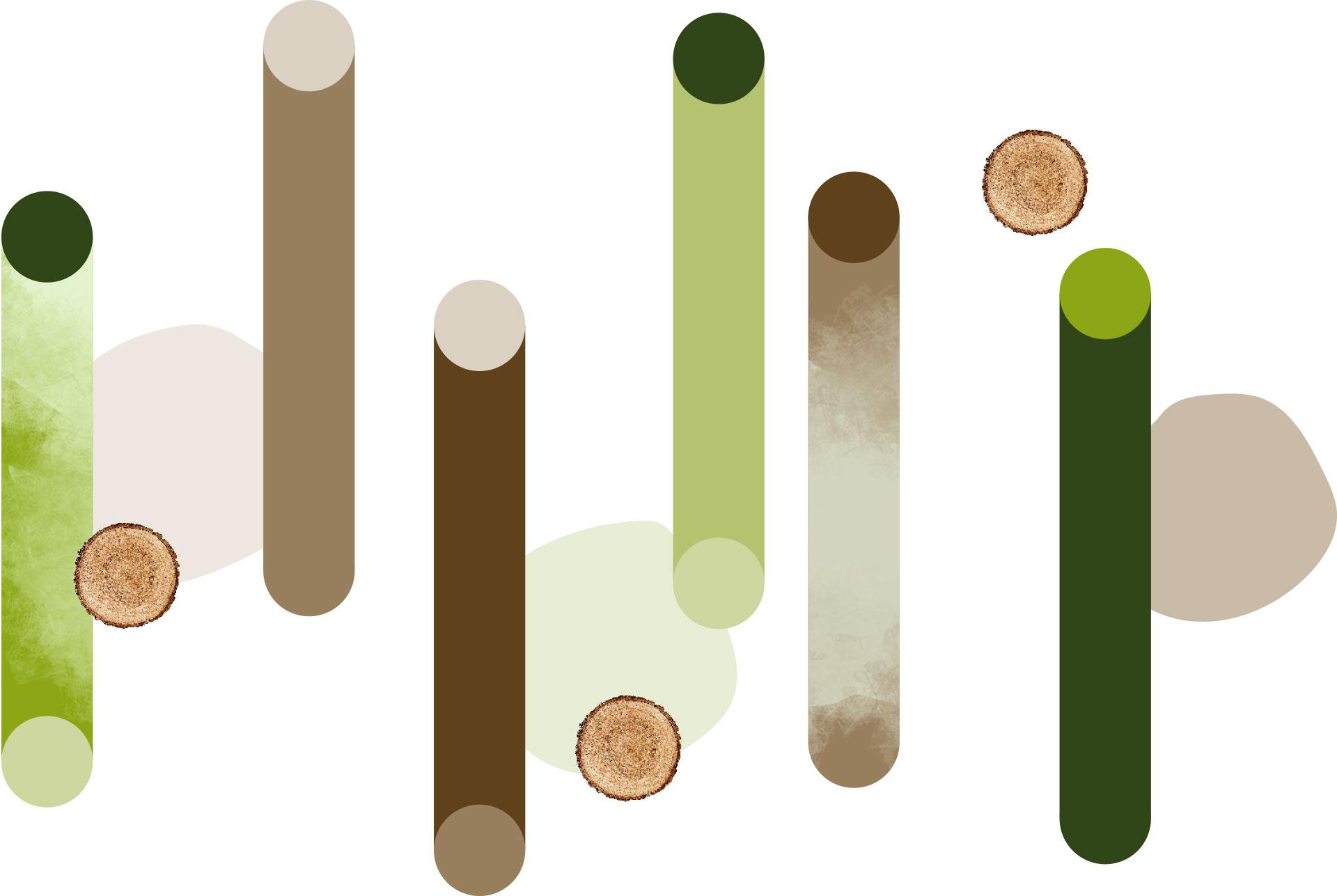Bastian Schrems
obtained his diploma in Environmental Technology from the Technical University of Central Hesse and a Master's degree in Sustainable Energy Policy from Carleton University in Ottawa (Canada). After several years as an environmental manager at a large Swedish consumer goods company, he moved to Pfeifer in 2014 and has since contributed his know-how to the company as an energy manager and immission control officer. Since March 2020, Bastian Schrems has been fully dedicated to the areas of energy management and the environment as part of the Staff Unit for Power Plants, Energy and Environmental Management (Head: Yüksel Kodaman) and is responsible for all 8 Pfeifer Group locations in Austria, Germany and the Czech Republic. His motto: Show respect, but don't be afraid of the far-reaching changes that are coming.


